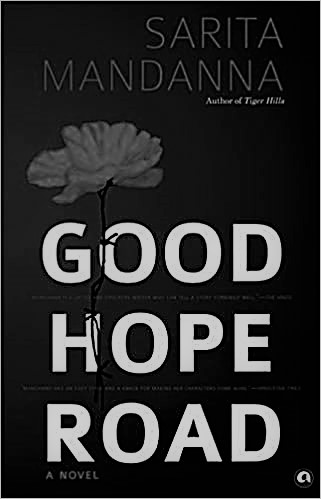The author has to be admired not only for the formidable amount of painstaking research she has done for this book, grounded as it is on facts, but for her ability to marshal her research into a story that covers World War I and the entry of the United States into World War II, with the attack on Pearl Harbor. The story has been woven, obviously with care, around the First World War almost entirely and its aftermath in the US. The novel ends with the announcement of the attack on Pearl Harbor and the inevitability of the protagonist’s enlisting.
Something else in the book that a reader cannot miss is the author’s meticulous attention to her description of the settings in which the story plays out: from autumn in the hills in Connecticut, the bleakness of winter and the hesitant but eventually luxuriant advent of spring, to the battlefields in France sodden with mud, the stifling fetid trenches, the rain, the cold and the harsh unforgiving world of war, the dreadful wounds, the maiming and dismemberment of bodies and death everywhere.
And there is the mastery over the language that Mandanna has, which goes beyond mere fluency to a rare ability to mould the language to suit events and occasion; one has some caveats to add to this but not here. She uses typically US words and phrases with admirable ease and confidence. (At the risk of being accused of nit-picking, though, I must say I found her repeated use of the non-word ‘Alright’ irritating; doesn’t she know it’s ‘All right’ as two separate words, even if half of America either doesn’t know that or doesn’t care? It’s not American English—it’s plain bad English.)
Having said all this one has to face the essential and incomprehensible basis of the novel—why has the author chosen to write about a white American family and one African-American from Louisiana. It will not do to counter this with the standard, and foolish, reply ‘Why not’; yes, why not, why not about a Chinese couple in Malaysia or an Ecuadorean family in Colombia, a family in Ghana…why not? The reason that this is a relevant question is because, to be able to write about a white American couple—and a black American man—one has to be able to enter their world, to see it from the inside, to feel the environment in which they’ve lived, grown up, and interact with one another. The world being described has to be ‘felt in the blood, and felt along the heart’; if it isn’t, then it can never sound authentic, can never be authentic. Only someone from that community, that milieu, can do it. And that, sadly, is where this very long novel doesn’t succeed.

